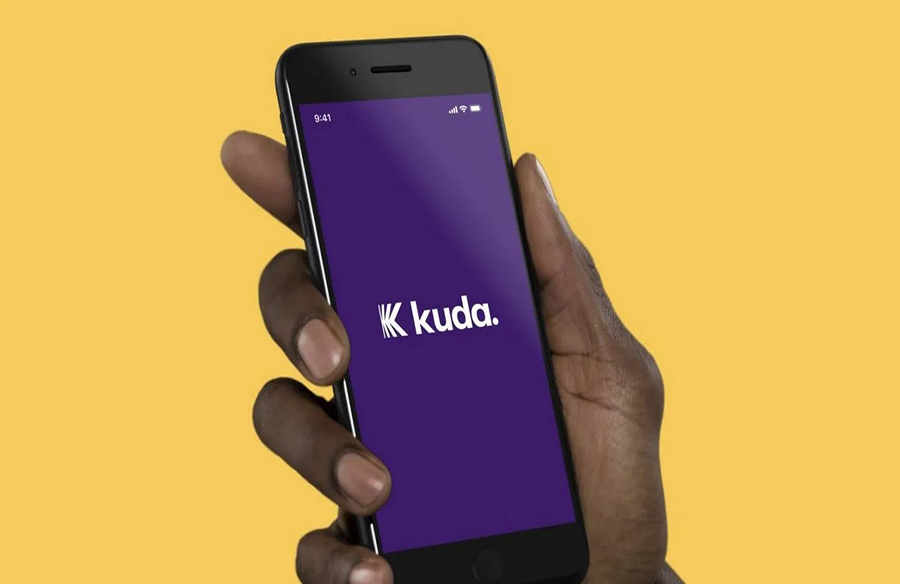
Kuda, the Nigerian neobank, made headlines earlier this month as its co-founder and CEO, Babs Ogundeyi, revealed the company’s progress since its inception in 2019. Despite notable achievements, including a substantial transaction value and a growing user base, Kuda faced challenges in meeting its projected milestones and fundraising goals.
Fundraising Efforts and User Milestones
In February 2023, Kuda aimed to secure fresh investment, targeting approximately $20 million at a flat valuation of $500 million. However, the fintech’s user projections fell short, with 7 million customers reported instead of the anticipated figure of 10 million. Despite the fundraising endeavor, Kuda clarified that it did not actively pursue further investment in 2023.
Growth Trajectory and Challenges
Since its inception, Kuda has expanded its user base significantly, albeit primarily in Nigeria. Expansion plans into other African countries, including Ghana, Uganda, and Tanzania, have been delayed due to pending license approvals. Despite challenges, Kuda’s user growth surged, reaching 5 million users by 2023.
Financial Performance and Strategic Adjustments
Kuda’s growth journey has been accompanied by financial challenges, including rising losses attributed to operational expenses and an ill-conceived lending product. To address these issues, Kuda reduced marketing spending and restructured its overdraft product. Additionally, the introduction of new credit features and a POS terminal aimed to enhance transaction volumes and revenue streams.
Revenue Targets and Future Prospects
While Kuda’s revenue multiples and forecasts underscore its potential, meeting revenue targets remains imperative for its growth trajectory. However, external factors such as currency devaluation and economic headwinds pose significant hurdles. Achieving profitability and global expansion goals within the next five years will necessitate strategic innovations and sustained investor support.
Unit Economics and Long-Term Objectives
Kuda’s path to profitability and scalability hinges on improving unit economics and demonstrating alignment with growth objectives. As it navigates the competitive fintech landscape, Kuda must balance revenue growth with cost optimization to realize its vision of becoming the leading neobank in Africa.
In conclusion, while Kuda faces challenges in meeting user milestones and financial targets, its commitment to innovation and strategic adaptation positions it for long-term success in the African fintech ecosystem. By addressing operational inefficiencies and leveraging growth opportunities, Kuda aims to redefine banking services for millions of users across the continent.










Leave a Reply